PhD in Marketing (Consumer Behavior) from U Oregon
Iraq/Afghanistan Veteran
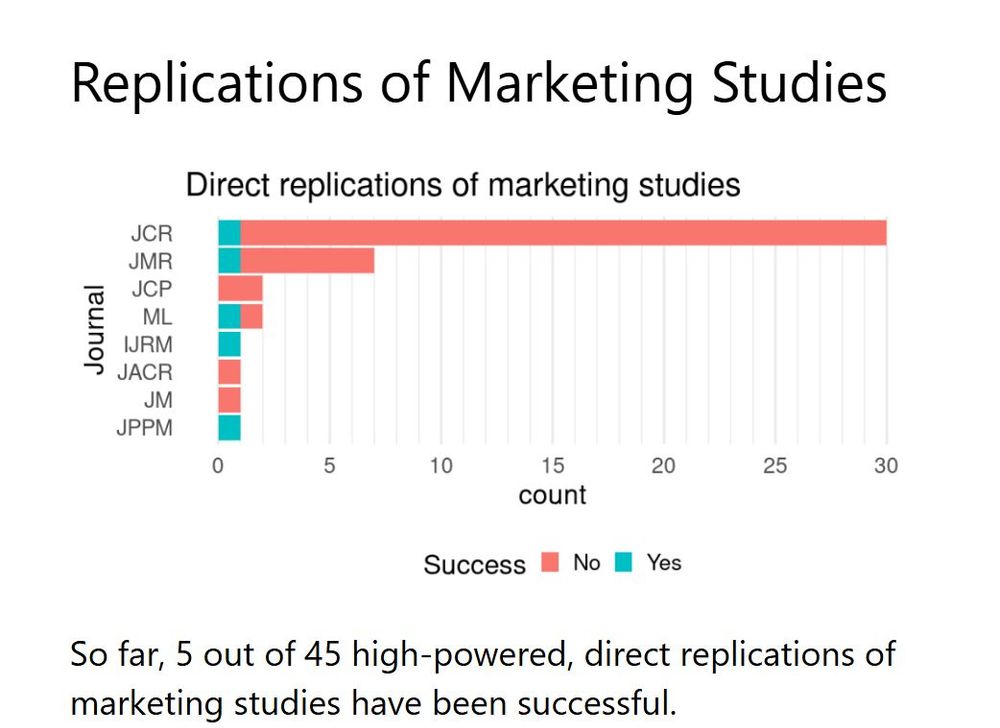

Join us on Jan 9th at 12PM ET, register here: www.msi.org/events/msi-w...
Join us on Jan 9th at 12PM ET, register here: www.msi.org/events/msi-w...

retractionwatch.com/2023/11/09/s...
@aaroncharlton.bsky.social is not happy
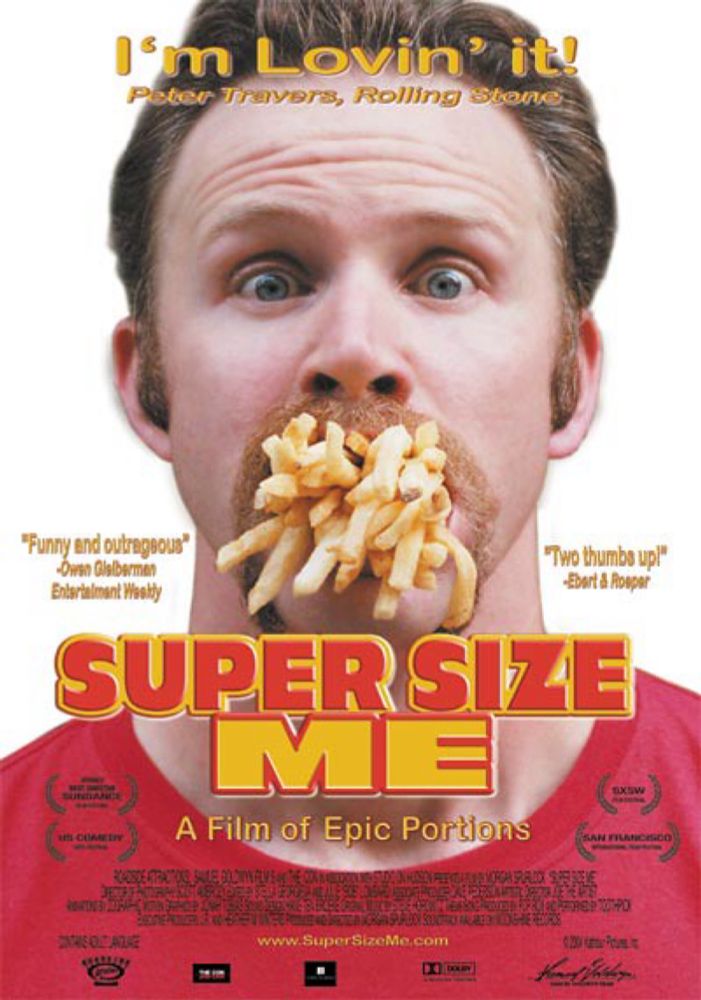
retractionwatch.com/2023/11/09/s...
@aaroncharlton.bsky.social is not happy
www.nytimes.com/2023/09/30/b...
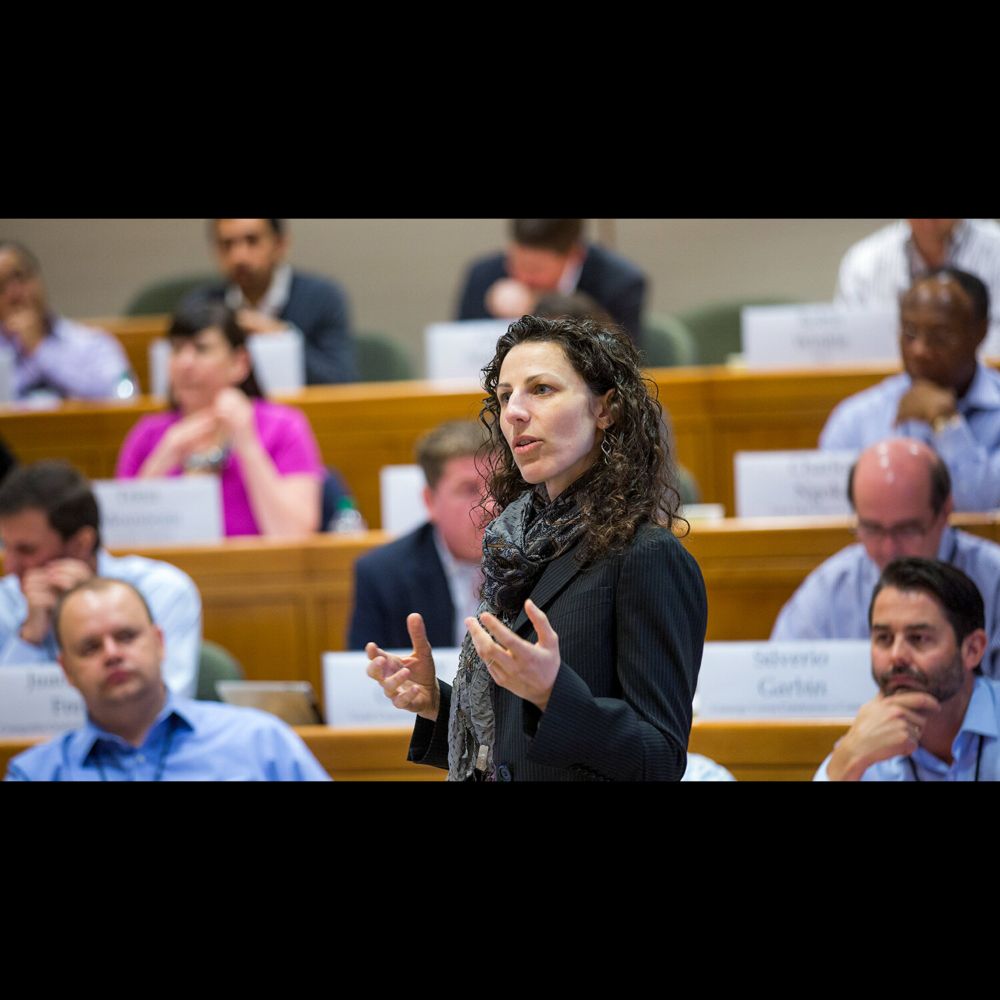
www.nytimes.com/2023/09/30/b...
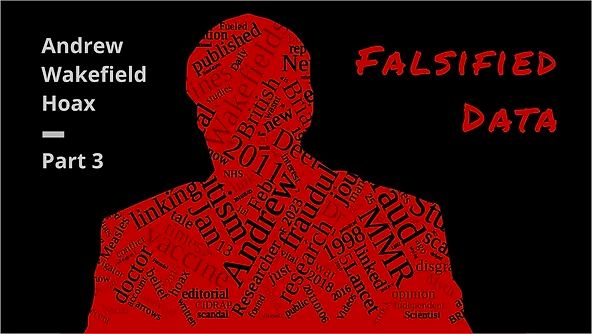
She explains how she came to suspect Gino’s work, the resistance she met during her Ph.D., her experience working with Data Colada, and the lessons business academia should learn from these scandals...
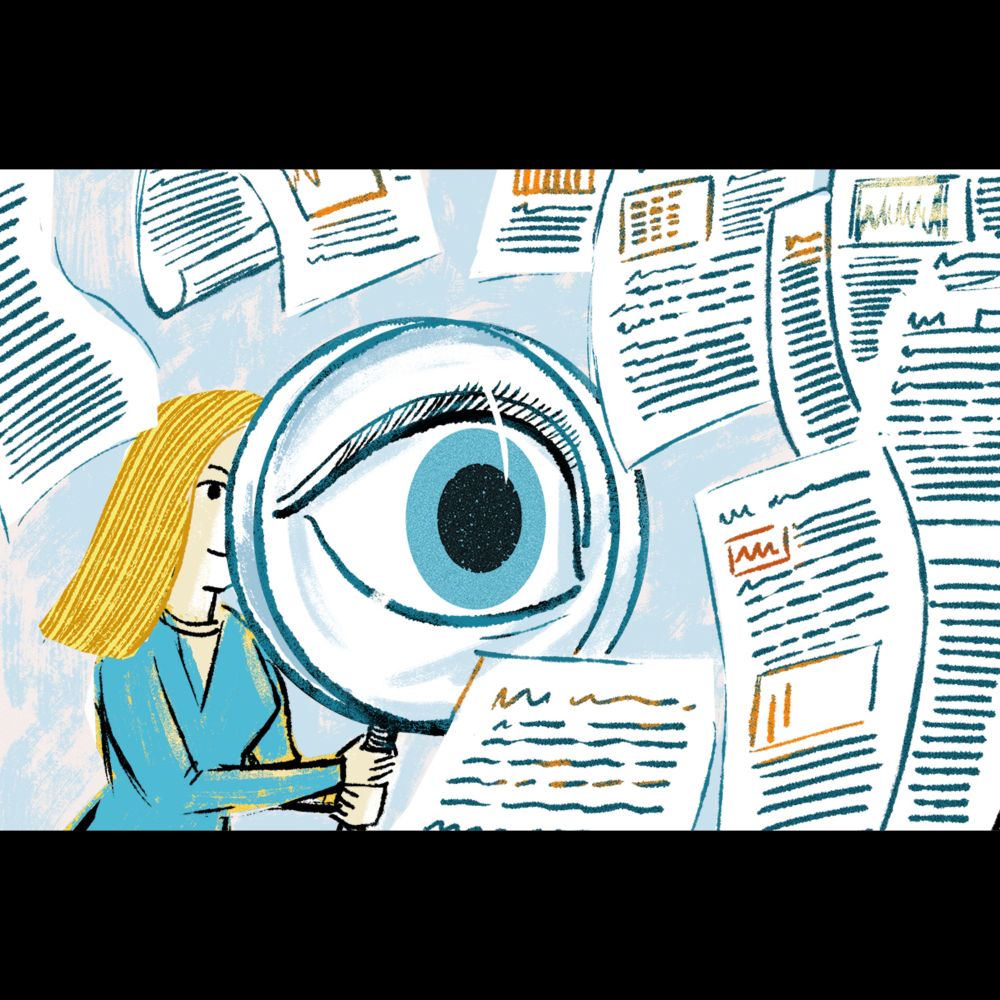
She explains how she came to suspect Gino’s work, the resistance she met during her Ph.D., her experience working with Data Colada, and the lessons business academia should learn from these scandals...
Today's chart:
The number of polio cases worldwide has been pushed down enormously over decades.
2 out of 3 strains of wild poliovirus have already been eradicated globally (in 2015 and 2019).
But there's still a challenge ahead. /1
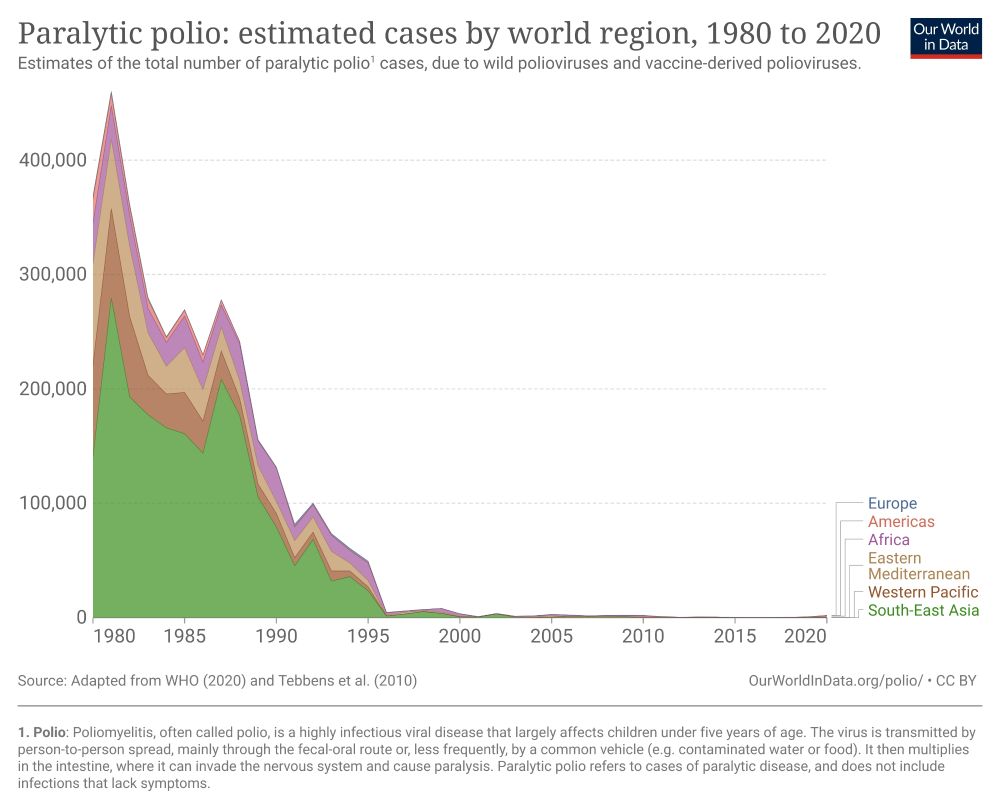
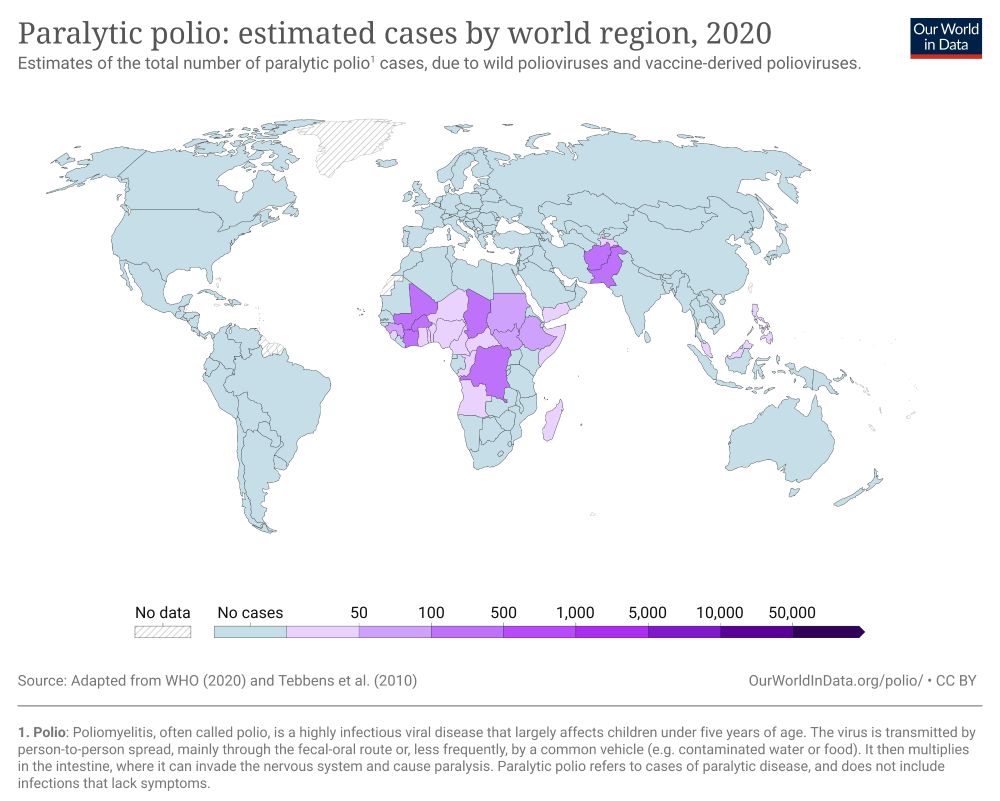
Today's chart:
The number of polio cases worldwide has been pushed down enormously over decades.
2 out of 3 strains of wild poliovirus have already been eradicated globally (in 2015 and 2019).
But there's still a challenge ahead. /1
Sign-up form:
docs.google.com/forms/d/e/1F...
If you’re early-career, doing research on research, and would like to present your work to/hang out with peers in the Netherlands on 26th October, let us know here: forms.gle/fCqZYaiNmjWy...
Sign-up form:
docs.google.com/forms/d/e/1F...
www.awayclinic.com/post/andrew-...

www.awayclinic.com/post/andrew-...
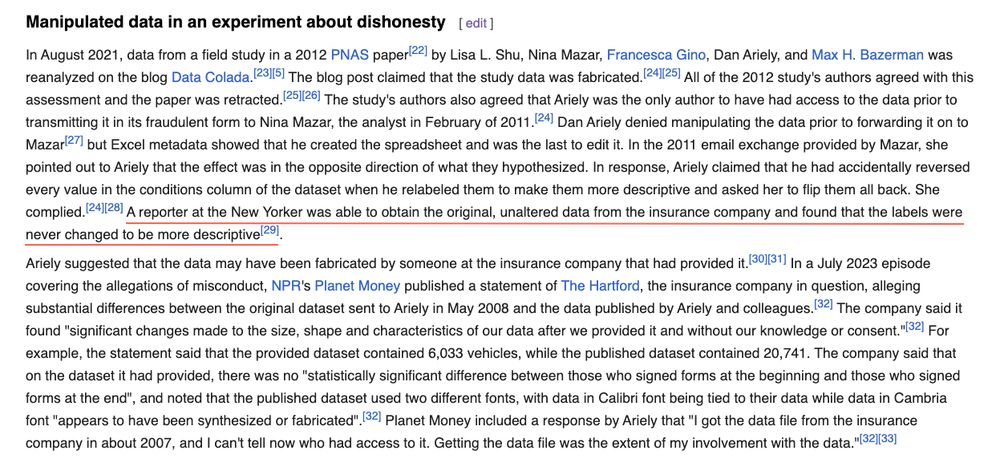
#1 --> Reviewing Pham’s “feeling the future” paper to illustrate how easy it is to unintentionally p-hack
openmkt.org/blog/2023/re... Pham has publicly pushed back against every reform. Here I looked into why that is.

#1 --> Reviewing Pham’s “feeling the future” paper to illustrate how easy it is to unintentionally p-hack
openmkt.org/blog/2023/re... Pham has publicly pushed back against every reform. Here I looked into why that is.

